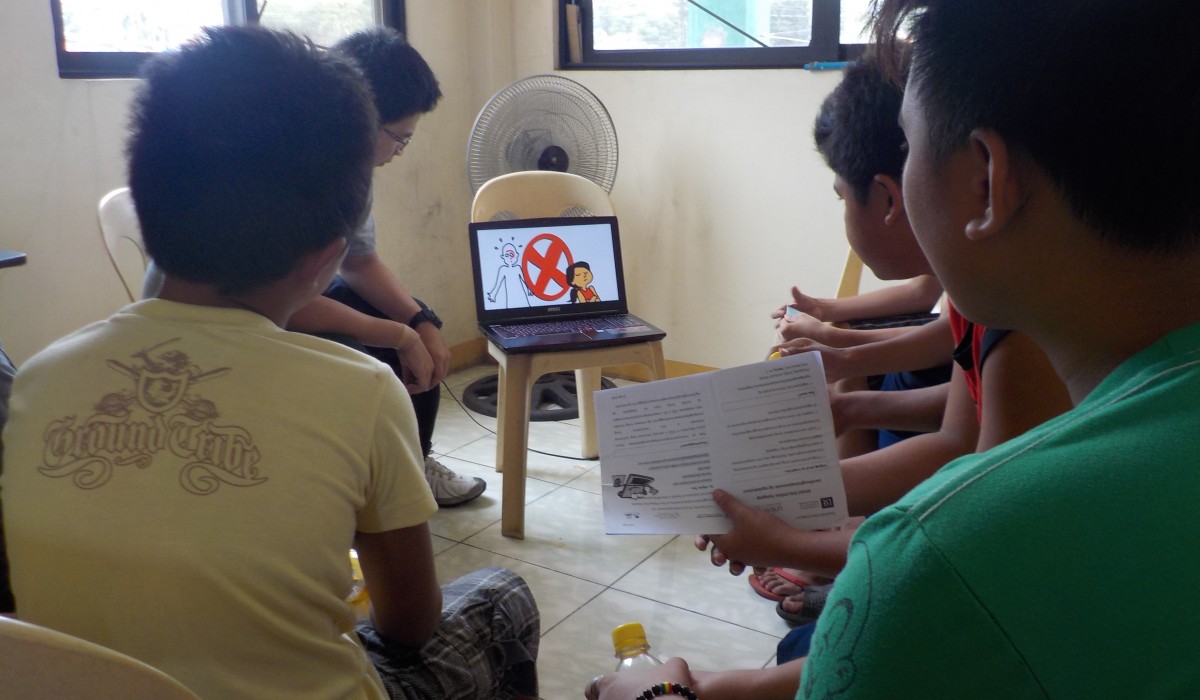Search Global Kids Online
-
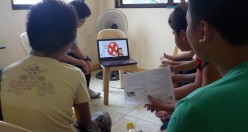
Start of the pilot research in the Philippines
27th October 2016
The Global Kids Online Philippines project was carried out by the University of the Philippines, Manila and focused on in-depth understanding of children’s online experiences, looking both at the risks and opportunities and their impact on child well-being. This report presents the findings from the pilot study.
-
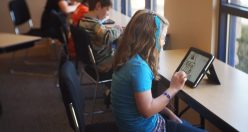
EU Kids Online
19th October 2016
EU Kids Online, one of the collaborating partners of the Global Kids Online initiative, is an international research network, which currently encompasses 33 countries. It aims to coordinate and stimulate investigation into the way children use new media in Europe and beyond, with a particular focus on evidence about the conditions that shape online risk and safety.
-
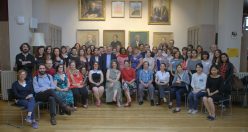
Our conference on children’s rights in the digital age
14th July 2016
Based on our work on the Global Kids online project, we organised a conference that sought to unpack the ways digital media intersect – both positively and negatively – with children’s rights today and to reflect on how children’s rights might provide a meaningful counterpoint from which to consider the role of ‘the digital’ in advancing human rights more broadly.
-
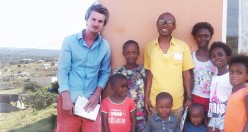
Global Kids Online South Africa
24th June 2016
This study was conducted by the Centre for Justice and Crime Prevention (CJCP) and aimed to pilot the Global Kids Online research tools in a low income country, as well as gather rigorous and comparable evidence on the nature of children’s internet use in South Africa.
-
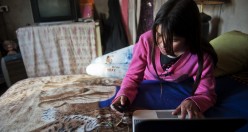
Global Kids Online Argentina
5th May 2016
Argentina has conducted two waves of Global Kids Online research, providing valuable national data on how children and adolescents experience the digital world. The most recent study, led by UNICEF Argentina and UNESCO in 2024–25, updates and expands the evidence first collected in 2016. It offers a current picture of children’s internet access, skills, and online experiences, while tracking changes over time.
-
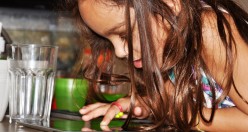
Global Kids Online Serbia
5th May 2016
The report represents the findings from the Global Kids Online Serbia carried out by UNICEF Belgrade and the Institute of Psychology at the University of Belgrade. It represents the country findings in relation to children’s online experiences, rights, and needs and the specific challenges that arise from the particularities of the Serbian context.
Popular tags


